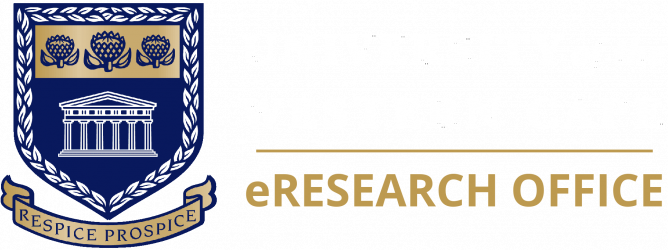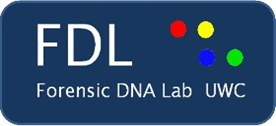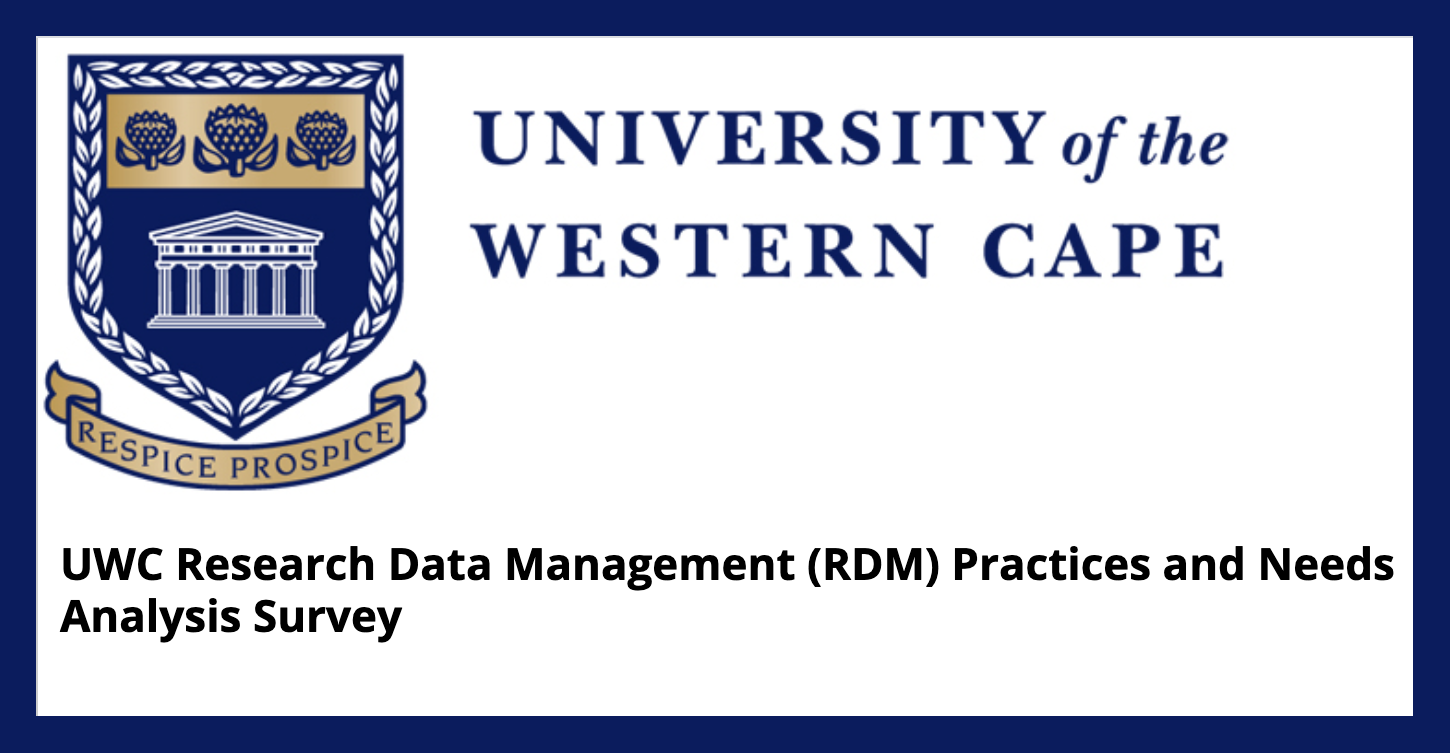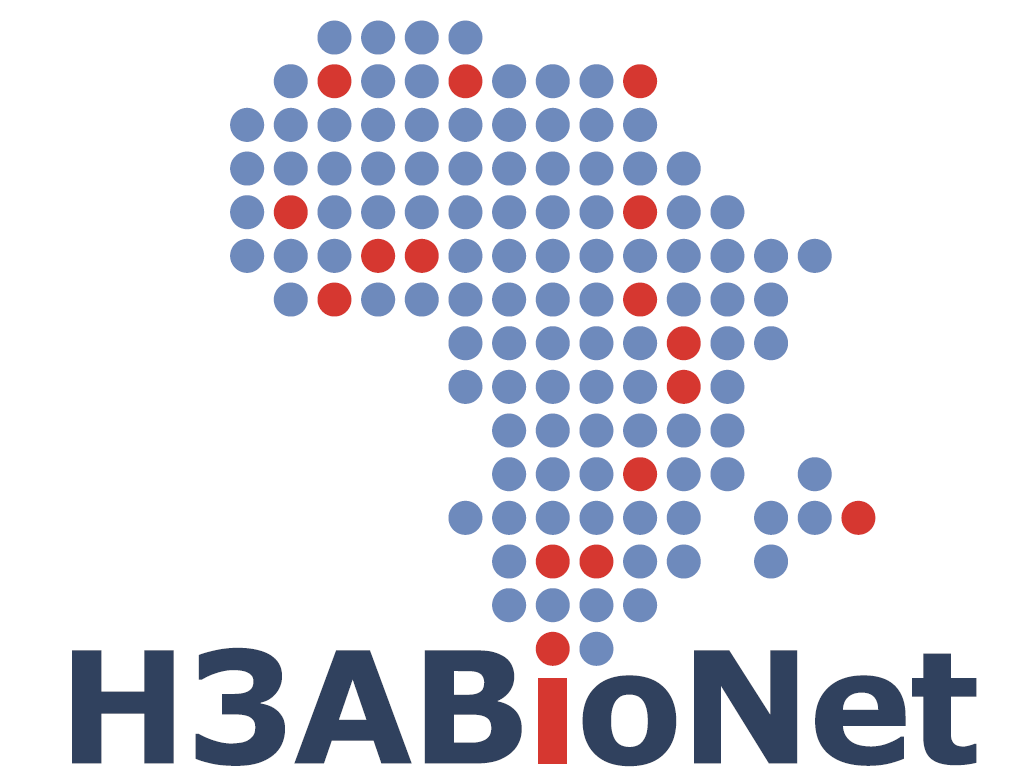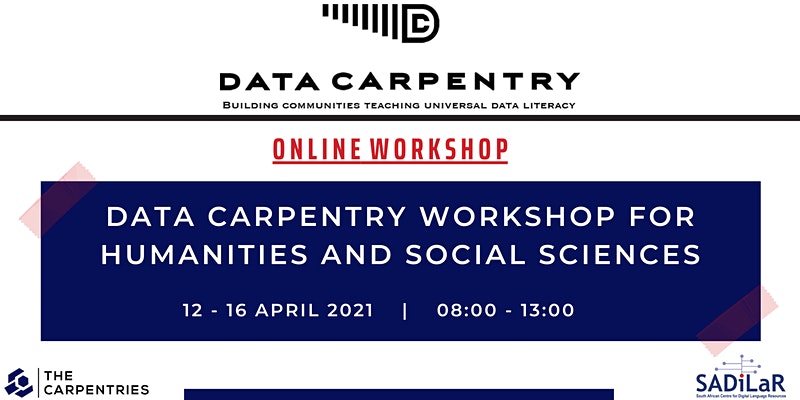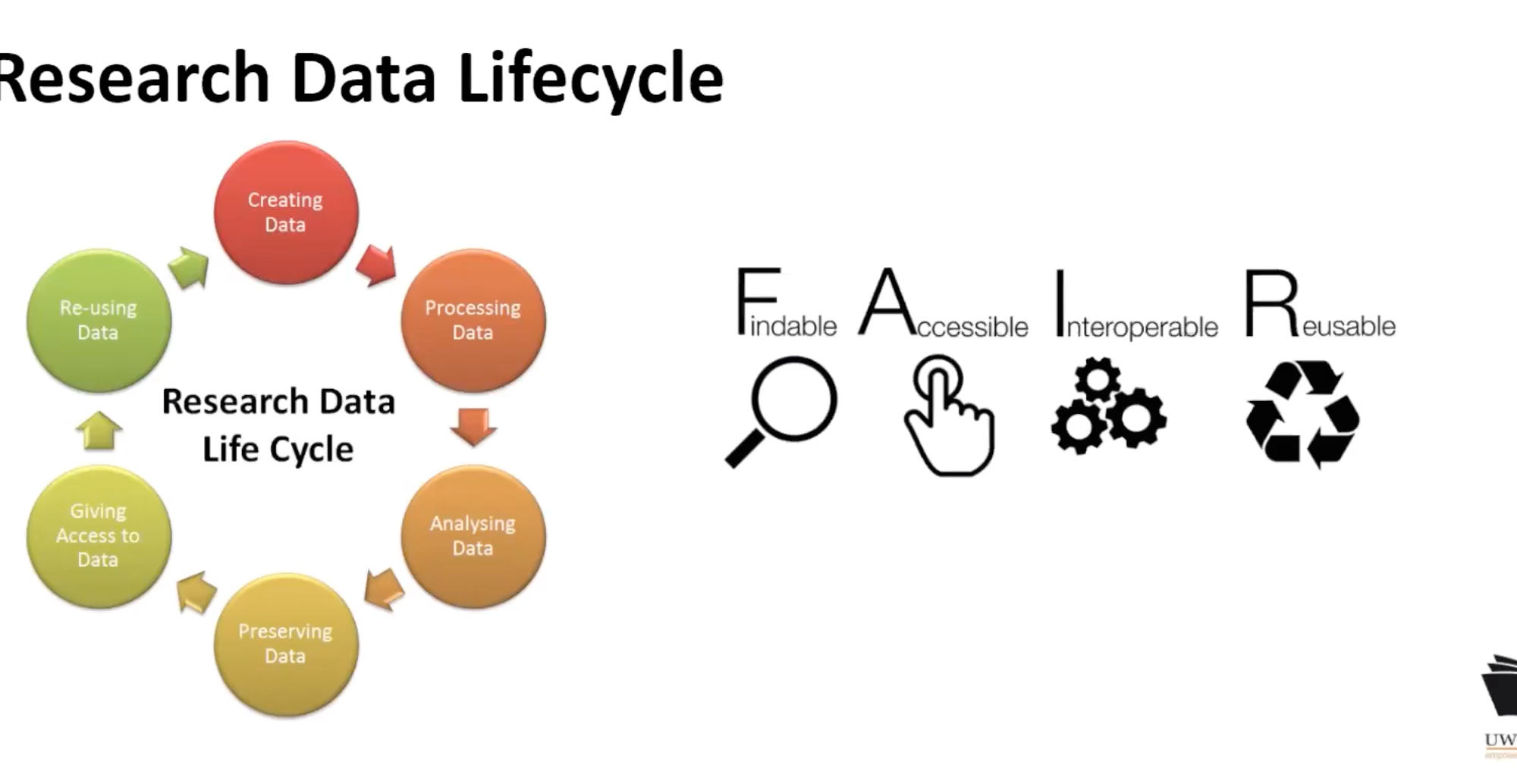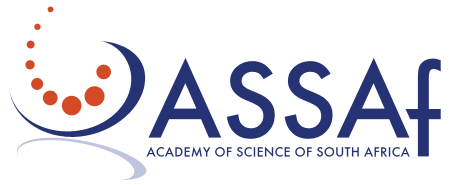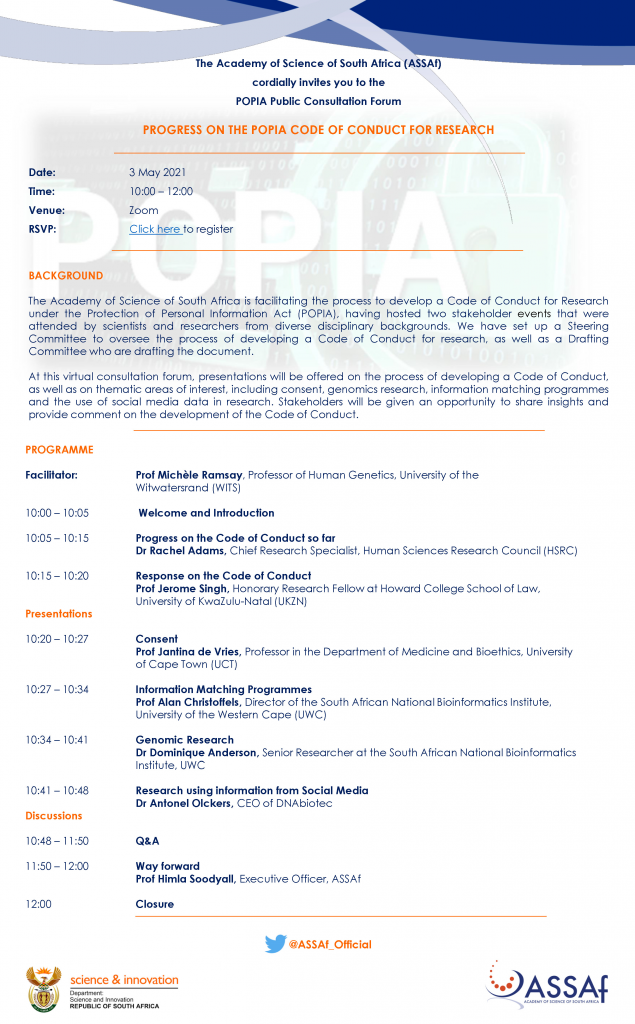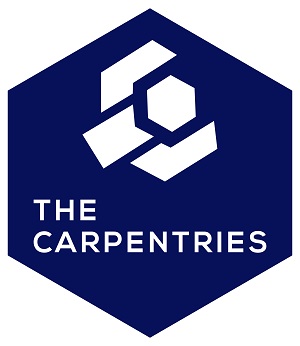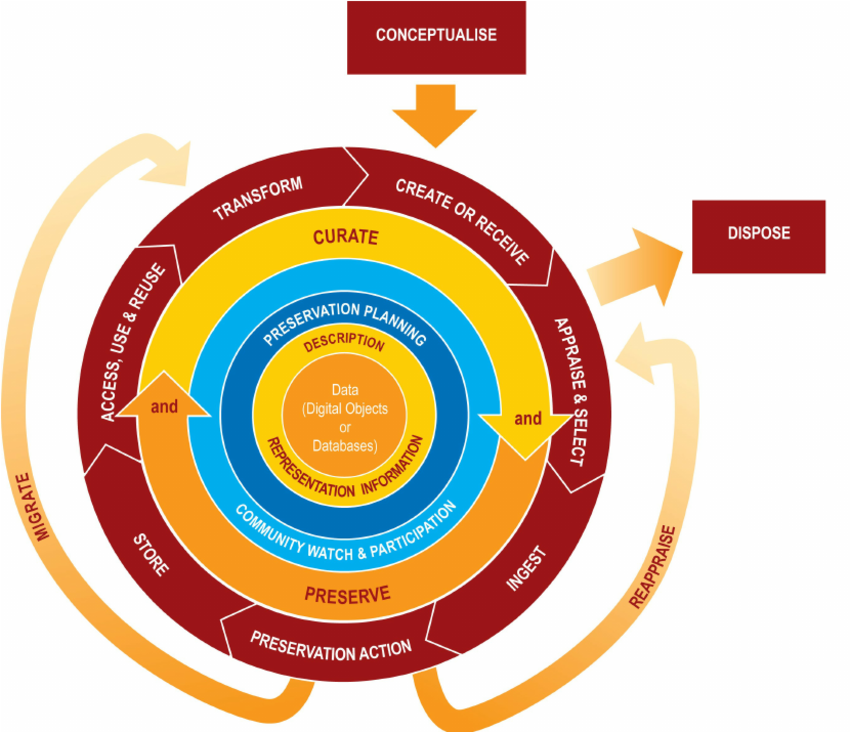The Forensic DNA Lab (FDL, UWC) will be running an eWorkshop (online workshop) on using the Command Line Interface, Unix, shell and other tools for genomics.
The course will run from 10 June to 15 July with once a week lessons. The course is aimed at graduate students and research scientists who will work with genomic and bioinformatic datasets for the first time. We will help attendees get started in using the CLI for performing genomic workflows. Attendees require no previous experience in CLI tools.
More about the eWorkshop
Command line interface (CLI) and graphic user interface (GUI) are different ways of interacting with a computer’s operating system. The CLI allows you to control your computer using commands entered with a keyboard instead of controlling graphical user interfaces (GUIs) with a mouse/keyboard combination.
The CLI is important for proficiency in genomics as most bioinformatics tools use the shell and have no graphical interface. Importantly, CLI is essential for using remote high performance computing centers e.g. ILIFU, CHPC.
After the course, participants should be able to:
- Discuss practical differences between Unix and Windows;
- Navigate and manipulate files and folders using standard bash commands;
- Write basic scripts for bash including piping between commands;
- Access the ILIFU HPC and submit simple scripts to SLURM; and
- Discuss folder/directory structure for genomic projects.
The course registration is now closed.
